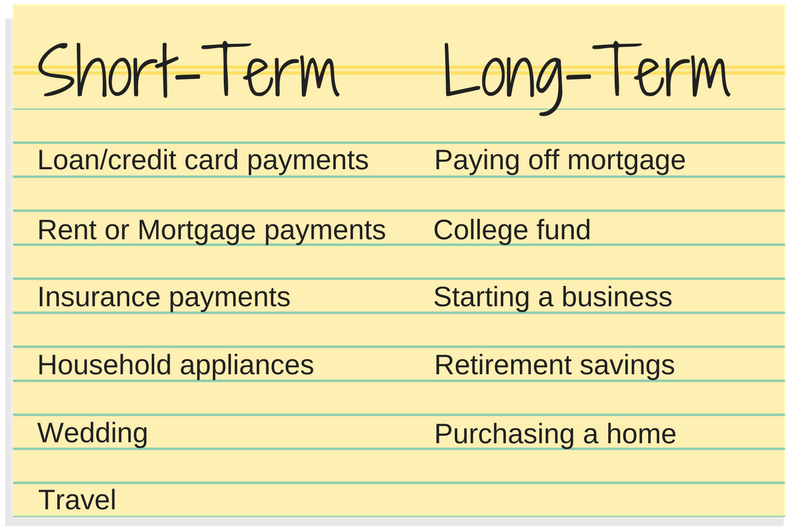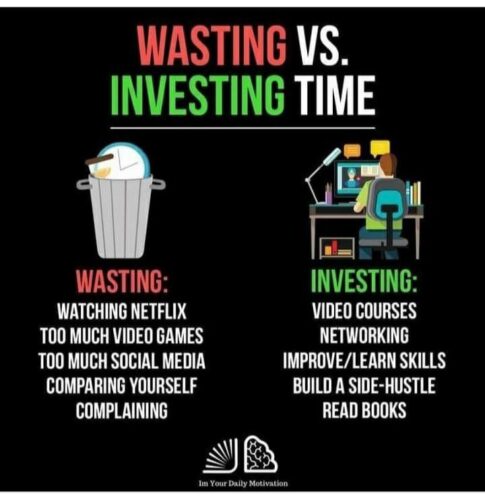Setting goals is a fundamental aspect of personal and professional growth. While long-term goals provide a vision for the future, short-term goals play a crucial role in breaking that vision into actionable steps. In this article, we explore the significance of short-term goals and how they contribute to overall success. We delve into the benefits of setting short-term goals, provide examples across different areas of life, and offer practical tips for effective goal setting.

- Defining Short-Term Goals: Short-term goals are specific, achievable objectives that can be accomplished within a relatively short period, typically ranging from a few days to a few months. They serve as building blocks that lead to the fulfillment of long-term goals and provide a sense of direction and purpose in our daily lives.
- Benefits of Short-Term Goals: Short-term goals offer several benefits that contribute to personal and professional growth. They provide focus, motivation, and a sense of accomplishment. By breaking down long-term aspirations into smaller, manageable tasks, short-term goals enable us to make progress, maintain momentum, and adjust our approach if necessary.
- Examples of Short-Term Goals: Short-term goals can be set in various areas of life, including:
- Health and Fitness: Setting a goal to exercise three times a week, drink more water, or achieve a specific weight loss target within a month.
- Career and Professional Development: Setting a goal to complete a certification course, develop a new skill, or submit a job application within a specific timeframe.
- Financial Management: Setting a goal to save a certain amount of money each month, create a budget, or pay off a particular debt within a set period.
- Personal Relationships: Setting a goal to spend quality time with loved ones, initiate regular communication with friends or family members, or practice active listening in conversations.
- Education: Setting a goal to complete a specific number of chapters or assignments each week, participate actively in class discussions, or achieve a certain grade in a course.
- Effective Goal Setting Strategies: To maximize the effectiveness of short-term goals, consider the following strategies:
- Be Specific and Measurable: Clearly define your goals in terms of what you want to achieve and how you will measure success. This helps you track progress and stay motivated.
- Set Realistic and Attainable Goals: Ensure your goals are achievable within the given timeframe and align with your capabilities and resources.
- Break Goals into Actionable Steps: Divide your goals into smaller, actionable tasks that are manageable and contribute to the overall objective.
- Set Deadlines: Assign deadlines to your short-term goals to create a sense of urgency and maintain focus.
- Track Progress and Celebrate Milestones: Regularly monitor your progress, celebrate small victories, and make any necessary adjustments along the way.
Short-term goals are the stepping stones that lead to long-term success. They provide focus, motivation, and a sense of accomplishment as we progress towards our aspirations. By setting specific, measurable, and attainable short-term goals, we can break down larger objectives into manageable tasks, maintain momentum, and adjust our course as needed. Embrace the power of short-term goals in your personal and professional life, and watch as you unlock success one step at a time.



